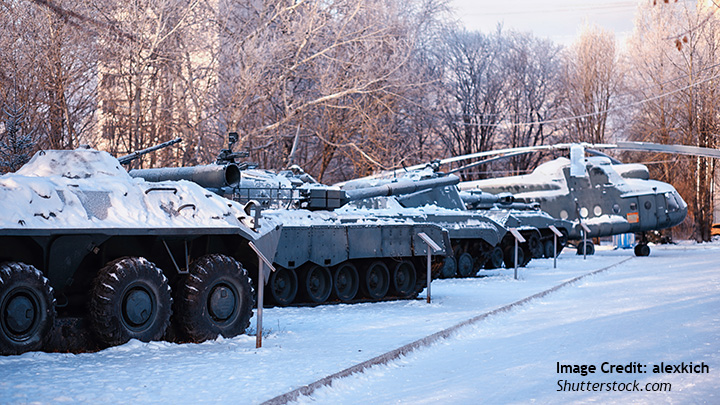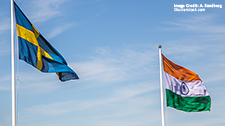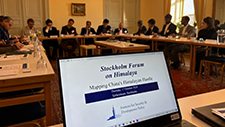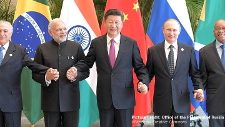KEY TAKEAWAYS
- India has carefully positioned itself as a peacemaker and facilitator between Russia and Ukraine.
- Its approach reflects a broader geopolitical balancing act and strategic autonomy.
- To play an effective peacemaking role, India would need to broaden dialogue efforts to also address Western concerns.
Since the start of Russia’s war in Ukraine, India has worked to protect its strategic relationship with Russia while maintaining its burgeoning ties with the United States and Europe. India’s balancing act was on display earlier this year when Prime Minister Narendra Modi visited Russia in July and made a historic trip to Ukraine the following month. Modi has portrayed a neutral stance on the Ukraine war and positioned India as a key player in any potential peace process.
Jagannath Panda, head of the Stockholm Center for South Asian and Indo-Pacific Affairs at the Institute for Security and Development Policy, examines India’s diplomacy with Russia and Ukraine, its motivations and constraints in playing a peacemaking role, and the potential response of Russia, Ukraine and the European Union.
What actions has India taken to date regarding the war in Ukraine?
Panda: India has pursued a largely neutral stance regarding the war in Ukraine, abstaining from most U.N. resolutions condemning Russia’s actions and emphasizing dialogue and diplomacy.
Despite Western pressure, India has maintained its relationship with Russia. While Modi has occasionally criticized Vladimir Putin’s war, he has also been careful to avoid offensive undertones. The Indian establishment has carefully guarded its “privileged strategic partnership” with Russia and views Russia’s declining fortunes in the global order as a strategically significant and unfavorable shift for India.
Modi has also been interested in peacebuilding efforts and has met Ukrainian President Volodymyr Zelenskyy on multiple occasions. while India has significantly increased its imports of discounted Russian oil since the conflict began, it has also sent medical supplies, equipment and relief materials to Ukraine as part of its humanitarian response. India has also made other concrete efforts to support Ukraine, such as pushing to open the Black Sea Grain Corridor and maintaining a direct line with Russia about Ukrainian concerns over the Zaporizhzhia nuclear power plant as well as pushing to boost economic ties.
This approach has contributed to a form of shuttle diplomacy wherein Delhi seeks to maintain communication channels with both Russia and Ukraine, positioning itself as a peacemaker and dialogue facilitator. Modi followed travel to Moscow in July — a symbolic trip as his first overseas travel after being elected to office for a third time — with a historic visit to Kyiv in August, which marked the first time an Indian leader has visited Ukraine since its 1991 independence.
The visit served to not only revitalize bilateral ties but also signal to the West that India is invested in the future of Ukraine. Importantly, the visit led to Zelenskyy proposing a peace summit in India aimed at ending the war; although this is hardly settled as of now as India would like to include Putin in any type of peace summit, it demonstrates the extent to which Modi’s visit was successful in positioning India as a potential peacemaker in the conflict.
Read the full interview here at The United States Institute of Peace on 14 January 2025.





